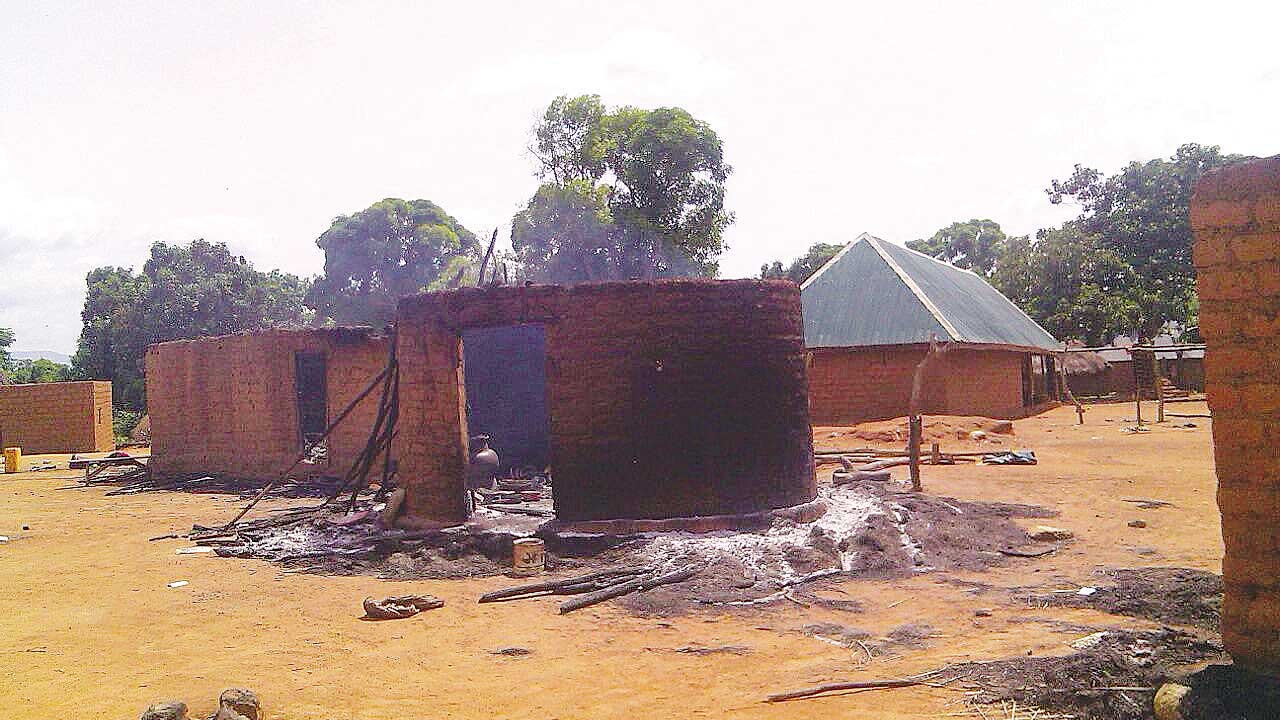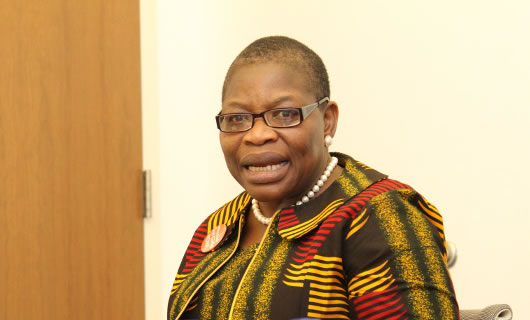There is an ugly, depressing reality of Nigeria that beggars understanding. The leaders and the institutions they run have generally been skewed to revere and pamper themselves as the demi-gods, while utterly placing no value on the lives and aspirations of ordinary citizens outside the circle of the ruling elites. The public systems and institutions are not designed for problem solving mechanisms. Which is why the culture of public blame is a pastime of both the political class and the military jackboots. The buck starts with the rulers and must be forced to stop with the hoi poloi and the retched dregs. There’s frequently a problem here, a crisis, there always. But not once do you see the engagement of clear-headed thinking to dissect the problem with a view to bring an elaborate solution.
Instead, it is of the criminal Nigerians, the looting Nigerians, the wailing Nigerians and of the impatient Nigerians. You hear their blame game, but never a moment to look into the reasons for the agitations or indeed to seek a way to address them other that utilize their time tested jackboots and hot leads to crush, silence and wipe out the agitators. Those you denied justice yesterday have turned to haunt today with vicious violence and with enormous anger to take our tomorrow. That is the nature of the vicious cycle created by the supremacy of might.
Today, we are not only saddled with agitations, but escalating and dangerous, violent crimes across the country. Criminals now take a position behind ethnic justifications to avoid a date with the law. Even the law of the land has grown cold feet in drawing a line on the sand for violent crime. From the south to the north, criminal gangs have operated at will. States like Kaduna and Kogi are leading other Northern states in the crime of kidnapping for ransom, learning faster from renown kidnapping gangs in the Niger Delta states.
Curiously, Benue state is host to self-help militias in north central Nigeria, where a self-confessed member of the Boko Haram sect, one Aliyu Tashaku, is now recognised by the state as a leader of a vigilante group. His militia is saddled with the responsibility of protecting the people of the state against what is widely known as armed Fulani herdsmen who have been on the loose killing and maiming. The blood chilling criminal activities of the Fulani herdsmen are clearly an albatross on the shoulders of all other law abiding Fulani men and women.
Advertisement
By the way, Tashaku was detained for several months at the Police headquarters in Abuja for unstated reasons. The leadership of the Boko Haram, sometimes in 2011, had accused him of eloping with their arms budget in 2009. Many criminals apparently are working hand in hand with those in power across the country.
There is a growing incidence of senior members of Boko Haram deserting the group after falling out with their leaders. Such deserting members are not likely turning their backs on violent crimes even after fleeing. Presently, Boko Haram’s major sources of upkeep, from this reporter’s investigations, remain criminal activities such as: (i) kidnapping for ransom (ii) seizure of arms and ammunition from security forces (iii) cattle rustling. If you may ask, where have the hundreds of Boko Haram deserters gone to? And if the terror group has made a fortune in rustling, how entrenched are they in the ongoing violent herdsmen conundrum? Will the renegade members that were used to power and money from extortion and rustling give up this crime and join the army of unemployed youths across the country?
Also, in the north east, there is even a globally praised government backed militia called, Civilian Joint Task Force that helped the Nigerian military push back Boko Haram members from cities and major towns in the region. Some of the members of this vigilante group have also been accused of heinous crimes, but the accusations seem overshadowed by their laudable contributions in the fight against terrorism. Even, the Federal Capital Territory has its own ‘militia,’ hiding under a task force created by the Abuja Environmental Protection Agency. The FCT employed hundreds of youths who specialize in aggression to rid the nation’s capital of street hawkers and other illegal structures. The task force has chased several street hawkers to their deaths on Abuja highways.
Advertisement
The government either advertently or inadvertently have weaponized poverty on one group against another and many people view the state as the source of threat to their livelihoods. This trend makes it increasingly difficult for the state to guarantee security and when individual groups begin to ascribe state powers to state cruelty, there will be anarchy in the land.
Fearing the likely descent of society to anarchy, the Commission on Human Security, recently advised that for citizens to be protected, conflict prevented, human rights respected and poverty eradicated, there must necessarily be urgent and new consensus on security. You may call it any name, but the idea speaks to restructuring of today’s operating system. This is a shared responsibility. Human security provides an impetus for all countries, whether developed or developing, to review existing security, economic, development and social policies. Creating genuine opportunities for people’s safety, livelihood and dignity should be the overall objective of these policies.
The Buhari administration must as a matter of urgency change its interpretation of security. Security is never all about jackboot. It must learn to listen, respect and work with everyone for the interest of the nation. The previous administration has made the same mistakes, but there was never a time the country was as divided as it is today, nor was there ever a time we saw this level of impunity as we witness today. These ought to have changed and truly should change now.
Advertisement
Views expressed by contributors are strictly personal and not of TheCable.
Add a comment







